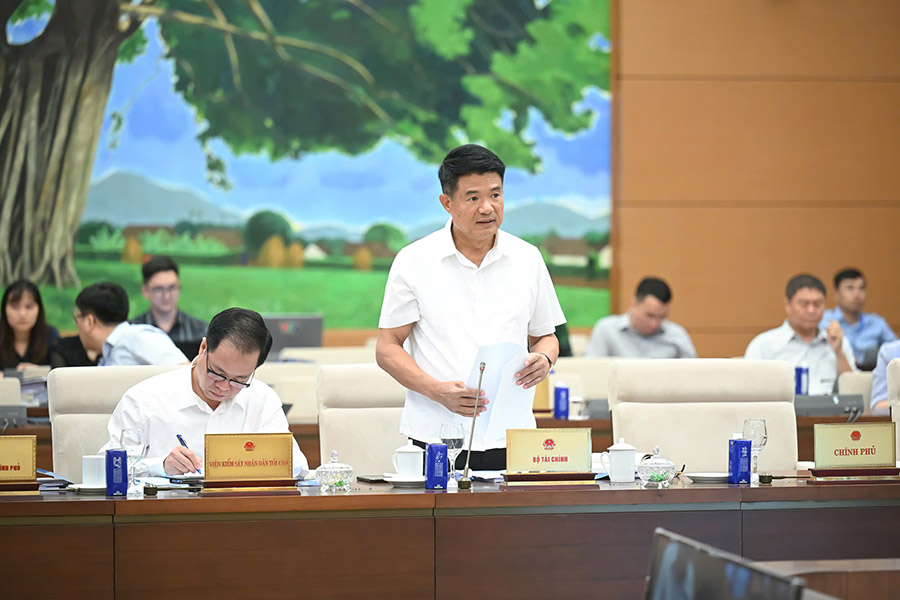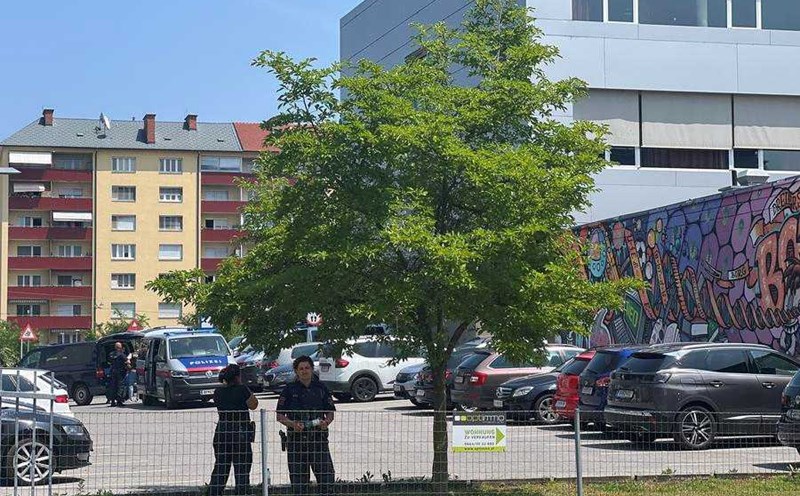On the afternoon of June 10, the National Assembly Standing Committee gave its opinion on the reception, explanation, and revision of the draft Law amending and supplementing a number of articles of the Criminal Procedure Code (CPC).
Regarding the addition of duties and powers of the Investigator assigned as the Chief of Police (or Deputy Chief of Police) at the commune level in the draft Law, according to the Chief Prosecutor of the Supreme People's Procuracy (SPP) Nguyen Huy Tien, there are still many different opinions and the Supreme People's Procuracy has reported and explained and accepted these opinions.
Accordingly, in the draft Law submitted to the National Assembly Standing Committee this time, the Supreme People's Procuracy has added a clause in Article 37 of the Penal Code, clearly stating:
Intermediate investigators and senior investigators of the Provincial Police Investigation Agency are arranged to be the Chief of Commune-level Police or Deputy Chief of Commune-level Police when assigned and authorized by the Chief of the Provincial Police Investigation Agency to conduct prosecution and investigation activities in cases of less serious crimes and serious crimes occurring at the commune level, and are allowed to perform a number of tasks and powers as the Chief of Investigation Agency prescribed in Article 36 of the Penal Code.
At the same time, the draft Law also adds relevant provisions in Articles 36, 110, 113 and 485 to ensure consistency and suitability to practice.

Regarding the authority to apply special investigation and prosecution measures, there are opinions suggesting that only the Commune-level Police Chief should have the authority to propose, and not to directly assign authority due to the nature of violating human rights and civil rights.
In response to this opinion, the Supreme People's Procuracy will revise the draft in the direction that the Investigator, the Chief or Deputy Chief of Commune-level Police, will not have the authority to apply, change or cancel special investigation and prosecution measures.
At the same time, the Supreme People's Procuracy has supplemented and clearly stipulated that the Investigator who is the Chief of Commune-level Police or Deputy Chief of Commune-level Police must be an intermediate Investigator or higher, assigned by the Head of the Provincial Police Investigation Agency. The Minister of Public Security will preside over and coordinate with the Chief Justice of the Supreme People's Procuracy to specify this content in detail.
In response to concerns that expanding the authority could make the Commune Police a new level of investigation, contrary to current regulations.
However, the Supreme People's Procuracy affirmed that the Commune Police is not an investigation unit. The addition of regulations is according to the proposal of the Ministry of Public Security to remove obstacles in practice when not organizing the District-level Police Investigation Agency.
The draft Law also stipulates that the Head of the Provincial Investigation Agency will be responsible for the acts and decisions taken by the Investigator who is the Chief of Commune-level Police or Deputy Chief of Commune-level Police within the scope of authority.
The signing of the orders and decisions for litigation is signed by the Investigator "Authorized" by the Head of the Provincial Investigation Agency. After signing, the orders and decisions for litigation will be sent to the Head of the Provincial Investigation Agency for reporting.
The draft law also adds a provision to assign the Minister of Public Security to preside over and coordinate with the Chief Prosecutor of the Supreme People's Procuracy to specifically guide the assignment and arrangement of Investigators as Chief of Commune Police and Deputy Chief of Commune Police, ensuring good performance of assigned tasks.











